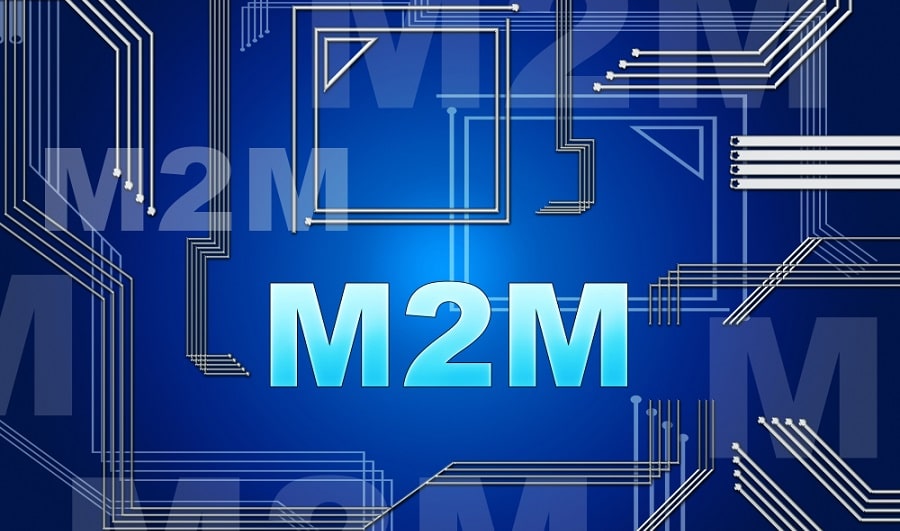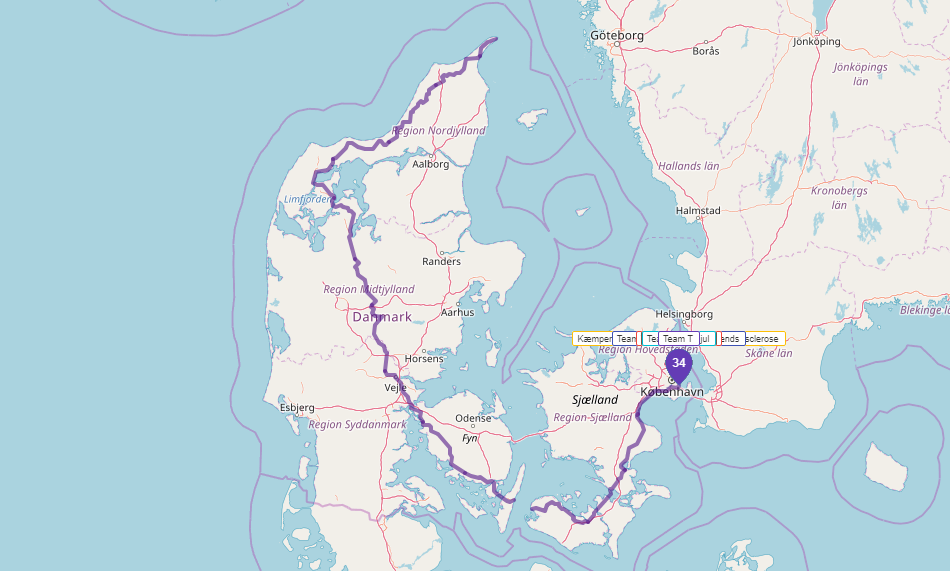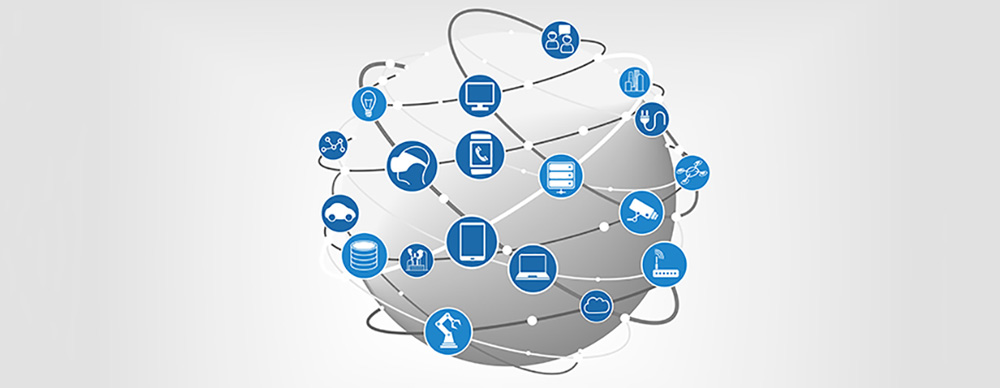The top 3 uses for M2M SIM cards

Contrary to popular belief, not all SIMs are cut from the same card. Whilst consumer SIMs are designed for volume production and efficiency, machine-to-machine (M2M) SIMs are built to last and offer a range of business-specific features that make them perfect for real time monitoring, IoT solutions and GPS location services. Given that the Internet of Things is gaining consumer traction, and as 5G rollouts gain momentum, now is the time to ask yourself where M2M SIMs could benefit your business.
M2M SIMs were designed from the ground up to work in harsh conditions like hot or cold temperatures, high humidity, etc. and offer a robustness that you won’t find from a typical ‘carrier SIM’.
In addition, their ability to swap between network providers is vital, as networks do occasionally suffer outages and have varying levels of coverage, therefore M2M SIMs will use the strongest network available and swap to another network if there’s an issue, with no penalty charge. Though these SIMs can also be ‘steered’ or programmed to prioritise a particular network, for example if data costs significantly less on one network compared to another.
No matter the use, most M2M SIM providers require lengthy contracts to add on huge data allowances that are unlikely to be used. Finding Pay-As-You-Go M2M SIMs can be challenging, but Global M2M SIM use a PAYG model as standard.
Another boon is the fact that IT administrators can configure and manage multiple M2M SIMs much easier and can push changes to hundreds, if not thousands at once.
M2M SIMs for GPS Trackers

GPS tracking continues to be a primary use-case as the ease of which M2M SIMs can be utilised and managed is vital to logistics companies or any business that has a transportation fleet. Applications include:
Vehicle Fleet Tracking
Master SIMs that act as a primary SIM card that collates the shared credit that a client purchases and shares the data across the fleet of vehicles. Real time monitoring also allows fleet managers to identify issues such as speeding or deviating from known routes, to further safeguard the business.
Boat Trackers
A similar use-case, where all the same features apply, just on a much wider, wavier blue road. However, there are other considerations; most vehicle fleets will operate within a certain country or continent, but boat tracking needs to allow for global tracking. Many operators will only provision for SIMs that can be used within their own continent as different connectivity technologies (GSM, CDMA etc) presents compatibility and pricing issues, though there are providers that do offer truly global boat tracking within a reasonable budget.
People and Pet Trackers
These are another popular use of the GPS feature that is making a huge impact on personal safety across the country by helping parents, caretakers and local authorities monitor children, Dementia patients and misguided people on home arrest! By using a discrete GPS tracker equipped with a suitable M2M SIM card, parents and carers have peace of mind if their child gets lost or their dementia patient wanders off.
Pet tracking is another emerging use-case and works very similar to those mentioned above, with a GPS tracker attached to the pet’s collar.
M2M SIMs and the IoT

Over the past couple of years, smart devices like locks, lighting and even baths are becoming more popular and accessible to consumers. As the number of technology products that require constant connectivity increases, the need for M2M SIM solutions is only going to grow, considering the reduction in latency and increase in speed that 5G provides. In fact, M2M SIMs are increasingly being referred to as “IoT SIMs”.
Alarm Systems
While most alarms use Wi-Fi connectivity to connect to the internet, businesses require extra levels of security, and M2M SIMs offer further redundancy compared to conventional Wi-Fi as mobile data networks are harder to gain access to. In addition, M2M SIMs aren’t tied to one access point (one router vs. multiple carrier networks) and don’t have to be placed within a certain distance of a router. This is the case for many rural security systems and 24/7 site alarms.
Smart Homes
This burgeoning market can also take advantage of these features for heating, lighting as well as security. Allowing users to view their usage (what lights are on, how much energy is being used on heating etc) where Wi-Fi may not be the best solution due to range constraints and the ease by which Wi-Fi routers can be compromised by hackers.
Remote Sensors and M2M SIMs
Hard to reach areas, by their nature, necessitate a ‘plug and play’ solution that requires minimal upkeep and management. Therefore, M2M SIMs are proving popular as they can be relied upon to provide a robust data connection that relays information as required.
Weather Station Monitoring
Weather reports have increased in accuracy since the days of Michael Fish famously assuring the public there wouldn’t be a hurricane in 1987, and this is partly because of the use of M2M SIMs. In the technological age, hundreds of remote weather stations across the UK funnel data to the Met Office and weather patterns are correlated using machine learning algorithms to predict the coming days’ climate.
Tide Gauges and Flood Warning Systems
With the current heatwave we’re experiencing, these systems certainly play their part monitoring water levels across reservoirs and rivers, and are utilised because of their robust design and reliability. Sensors don’t have to be tied to weather either; wildlife cameras, research stations or any sensor that is required to send data from a remote location can benefit from using M2M SIMs.
From their robustness in harsh conditions, in-built resiliency and ease of management, consumers can take advantage of M2M SIMs for boat tracking, alarm systems and the ever-increasing selection of IoT devices.
For businesses, M2M SIMs connect disparate locations to collect and send data, and can track dynamic targets like vehicles or people, using GPS to ensure business’ networks are reliable, effective and able to react in real time to external issues.
Given that the IoT is only going from strength to strength due to the ability to maximise efficiency and minimise costs, M2M SIMs look set to find their way into businesses across the world, thoughout all industries.